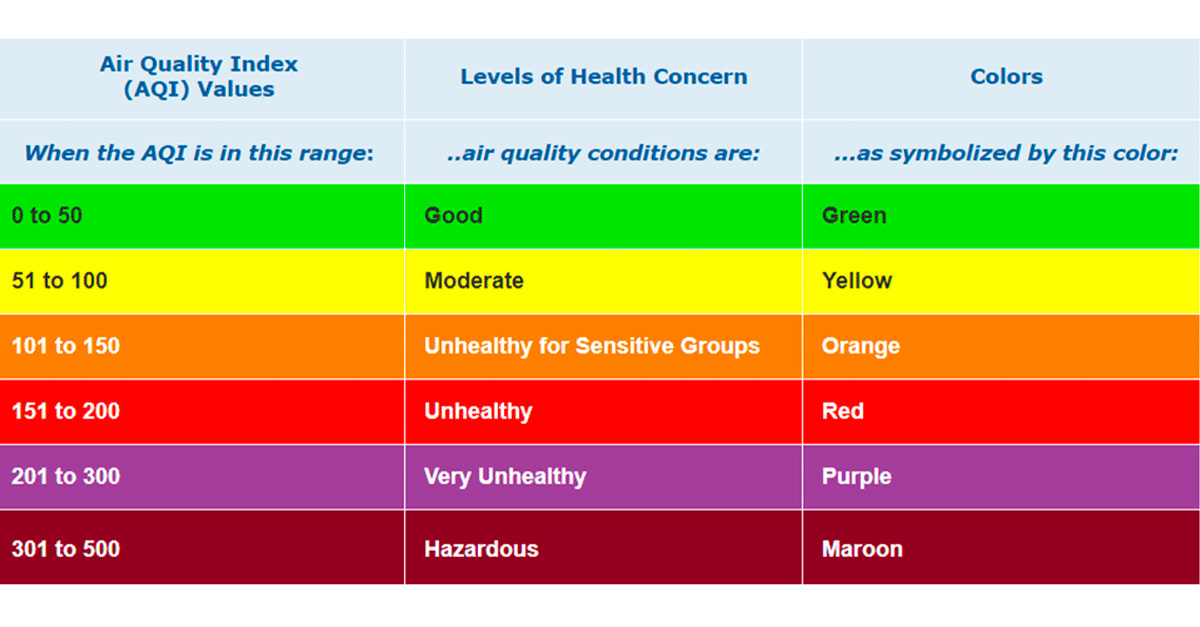As we move into the summer months, it is important to understand the connection between asthma and air quality. While air pollution does not cause asthma, it can definitely trigger asthma symptoms or an asthma attack if you already have this condition.
Air Pollutants and Asthma
When it comes to aggravating asthma symptoms there are two key air pollutants, ozone (found in smog) and particle pollution (found in haze, smoke and dust).
Ozone, a gas, contributes to smog and is more common in cities where there are a lot of cars. It is also more common in the summer months when intense sunlight and heat convert a mixture of tailpipe and power plant emissions with other chemicals resulting in unhealthy air.
Particle pollution can occur any time of the year and can be worse near busy roads, during rush hour and around factories. It can also be high when there is smoke in the air from wood stoves, fireplaces, or burning vegetation.
Identifying Your Asthma Triggers
An allergy skin test will identify allergens such as pollen, dust, animal dander, and mold which may trigger your asthma symptoms. But you also need to be aware of the daily air quality especially during the summer months as May through September is smog season. The EPA reports air pollution levels with the Air Quality Index (AQI). This daily index reports levels of ozone and other air pollutants and when 101 or above, is considered dangerous for people with asthma. You can find this information for the Atlanta area at AirNow.gov.
Try identifying your triggers by analyzing the environment around you when your symptoms are the worst. Also keep in mind that outdoor air pollution can make you more susceptible to indoor pollutants like dust. This effect can last a day or more, so try to remember all the pollutants you’ve been exposed to in the past 24 hours.
Protecting Yourself from Air Pollution
Once you know which pollutants are aggravating your asthma, you can try your best to avoid them.
- Plan outdoor activities when pollution levels are lower. Ozone tends to peak between 2 pm and 7 pm, so plan outdoor activities for the morning or late evening. Particle pollution peaks around morning and evening rush hours, but can at times stay high all day.
- Change the intensity level of your activity. If you must exercise outdoors, reduce the intensity of your activity so you can reduce the amount of pollution you breathe.
- Keep windows closed in your car and run the air conditioner on recycled setting.
- Keep your quick-relief medication on hand. If you begin to experience symptoms, act quickly.
Finally, if your asthma symptoms are interfering with your daily activities, it might be time to see an allergist - a doctor that specializes in asthma care. You should consider going to an allergist if you:
- Have asthma symptoms every day and often at night that limit your activities.
- Have had a life-threatening asthma attack.
- Have symptoms that are unusual or hard to diagnose.
- Have co-existing conditions such as severe allergic rhinitis (“hay fever”) or sinusitis that complicate asthma or its diagnosis.
- Have been admitted to a hospital because of asthma.
While asthma cannot be cured, it can be controlled. Studies show that when an allergist treats asthma, it results in:
- A 77% reduction in time lost from work or school.
- A 45% reduction in sick care office visits.
- A 77% reduction in emergency room costs.
- Improved emotional and physical wellbeing, and greater satisfaction with your physician and with the quality of your general medical care.
Of course, we can’t cover every aspect of the relationship between asthma and air quality with one short blog post. If you’d like to know more, Atlanta Allergy & Asthma is a great place to start. Call us or schedule an appointment online to talk to a doctor about your asthma or allergy symptoms.

